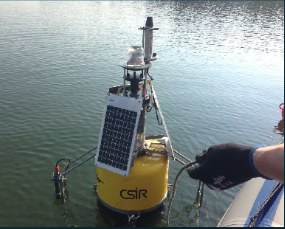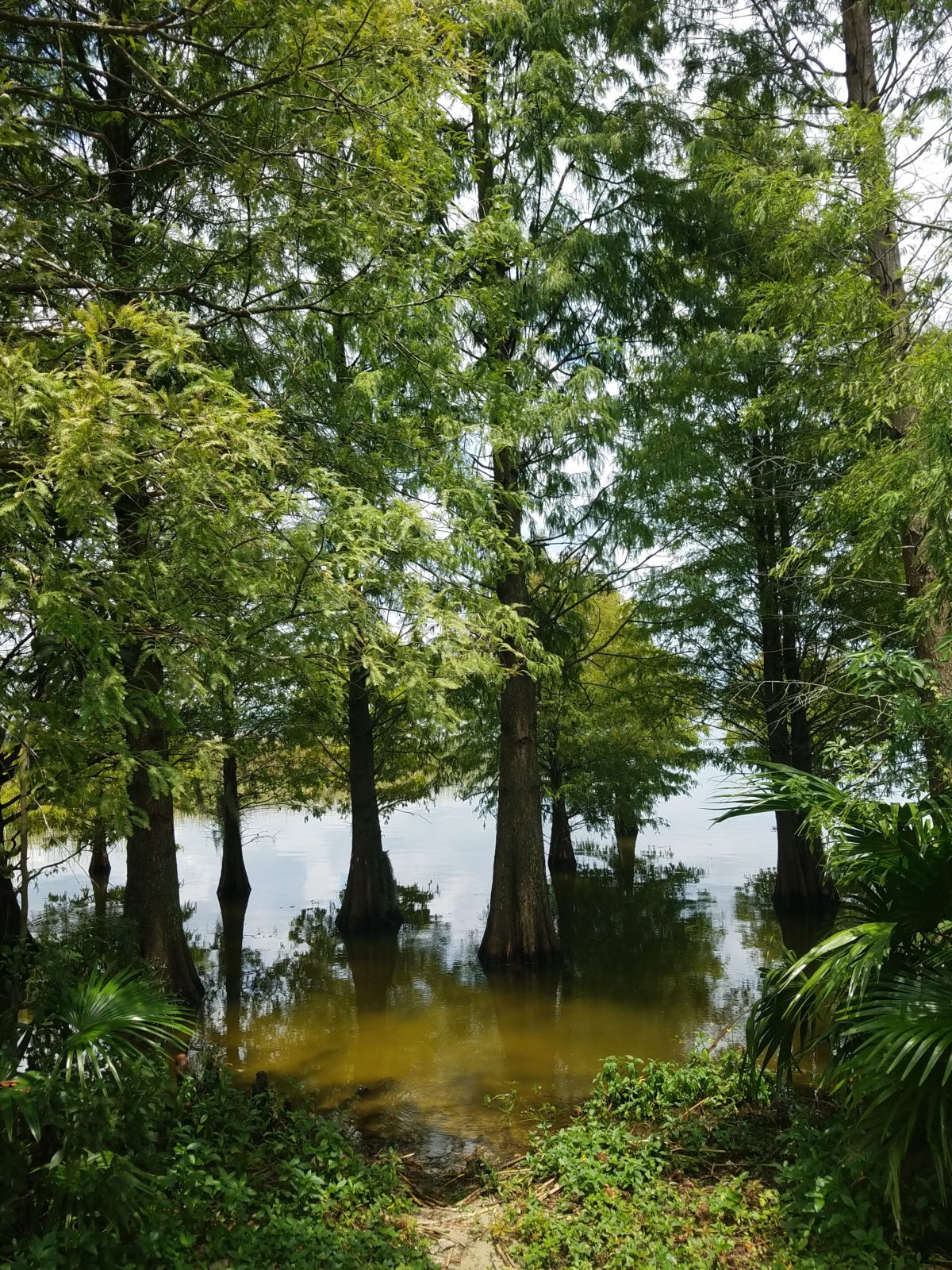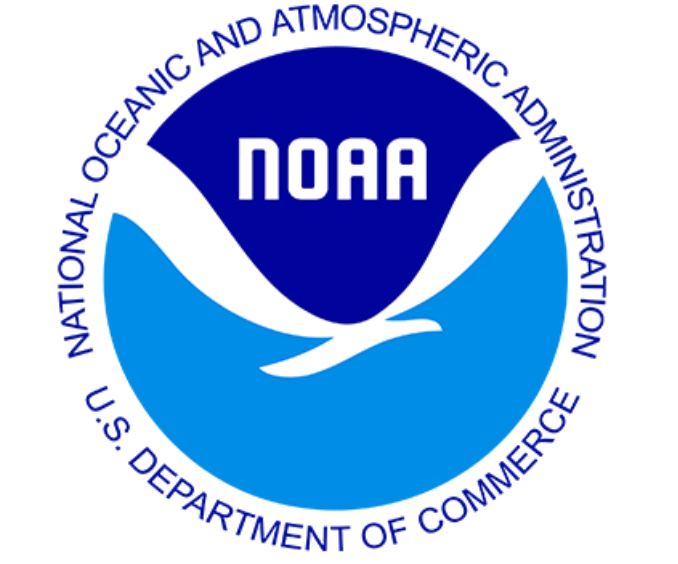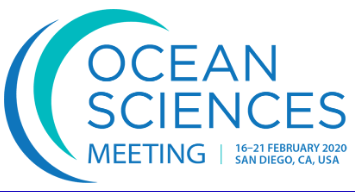Author: merriebethneely
IEEE Call for Papers: Analysis-Ready Data Interoperability
CALL FOR PAPERS: IEEE Journal of Selected Topics in Applied Earth Observations and Remote Sensing, Special Issue on Analysis-Ready Data Interoperability
The second Analysis-Ready Data (ARD) workshop on remote sensing data interoperability took place on August 5-7, 2019 at the USGS Menlo Park Campus. A Special Issue of the IEEE Journal of Selected Topics in Applied Earth Observations and Remote Sensing (J-STARS) is planned for open access publication. This special issue will accept a select number of studies presented at the ARD workshop as well as from the broader scientific and engineering community engaged in the following topics:
Geometric and Radiometric Harmonization
Image Quality Metrics, Monitoring and Specification
Machine-learning applications/methods
Benchmarking standards, including datasets, harmonization algorithms, and machine learning performance
Time-series Analysis and sensor-fusion algorithms
Labeled Training Data
Atmospheric compensation, and cloud/shadow masking
Sensor and pixel alignment
Color and Visual Products
ARD-driven Payload design & System Engineering, Hardware
Standards for Data Distribution and Commercialization (Open Data Cube, STAC, COGs, etc.)
Imaging pipelines, software engineering and distributed computing for ARD
Submission Period is October 1, 2019 – March 31, 2020, for publication later in 2020. Read More here:
Registration now open! US Great Lakes – centric Satellite Training Course
Hurry to register! The NOAA Satellite Remote Sensing Data Training Course (Great Lakes) will be held at the NOAA Great Lakes Environmental Research Laboratory in Ann Arbor, Michigan in November 5-7, 2019. This training class is free, but the registration ends September 6, 2019 or sooner if the seating capacity of 30 students is reached. Some ArcGIS experience is preferred, but not required, and the class is open to anyone. Accommodation and meals are not provided for this event.
Ocean Sciences 2020 Session Announcement! Abstracts close Sept. 11!
CP019: Water quality monitoring and forecasting in coastal and inland waters: Applications and operational services Topic Area: Coastal and Estuarine Processes
SUBMIT AN ABSTRACT TO THIS SESSION
Primary Chair
- Paul M DiGiacomo
- NOAA College Park
Co-chairs
- Benjamin Holt
- NASA Jet Propulsion Laboratory
- Steven Greb
- University of Wisconsin-Madison
Primary Liaison
- Guangming Zheng
- University of Maryland
Index Terms
Take GEOAquaWatch’s Water Quality Survey!

We would appreciate your anonymous feedback in our online survey about water quality monitoring around the world and use of remote sensing to assess water quality. Your input will be used to inform our global water quality training and education efforts. Anyone involved in water quality should take this survey – from managers and field/lab workers to researchers and citizen scientists.
This quick survey is available in five languages: English, Chinese, French, German, and Spanish – responders may remain anonymous. This survey will remain open only a short time and can be completed within 5-8 minutes. All responses will remain confidential and secure. Multiple survey-takers may use the same IP address for their individual entries. Thank you in advance for your valuable insights and we appreciate your trust.





